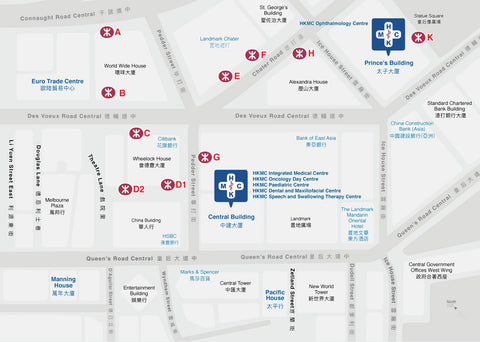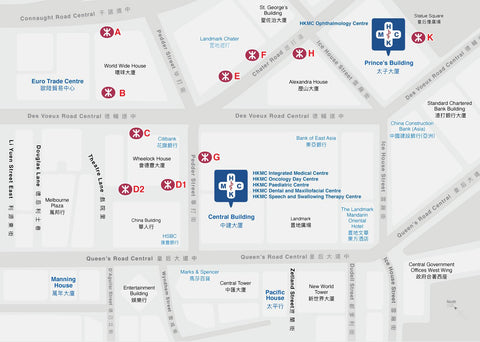
Pre-school Assessment
About Developmental and Behavioural Screening
Developmental and emotional health problems are common in young children, with an incidence of up to 18% in the general population, and may lead to social and academic difficulties in later childhood and beyond.
Early intervention in children with developmental and emotional problems has been shown to improve outcomes. However, these problems are difficult to detect during regular health check visits. As a result, children are often only identified as having a difficulty after they enter school, a time at which they have already missed the opportunity for early intervention. Therefore, many countries have implemented screening for developmental and emotional problems as part of routine child health surveillance to enable early detection and referral to child development services.
Most screening programmes use brief parental questionnaires to identify children with problems, and the detection rate is sub-optimal. An assessment using cognitive tests and a multidisciplinary clinical approach, including paediatrician's and psychologist's inputs, would be expected to provide a more comprehensive understanding of a child's abilities and problems.
About Vision Examination
The visual system continues to develop after birth and matures by about 8 years of age. Abnormal vision or related abnormalities are harmful to the maturation process. If not corrected, the child's future vision may be reduced.
However, it is difficult to identify affected children just by observation in daily life. The most effective method to detect these abnormalities is by vision screening. With vision screening, children can receive earlier treatment to protect the vision development.
Common causes of abnormal vision include:
- Amblyopia
- Squint
- Significant refractive errors, such as long-sightedness, short-sightedness and astigmatism
About Intellectual, Emotional and Behavioural Assessment
Children's intellect, feelings and behaviours determine their ability to learn and adjust to the school environment. A thorough understanding of the child's abilities and characteristics in the above areas is invaluable for guiding education planning or intervention to maximize learning and adjustment in the school environment. This can be done using a combination of validated assessment tools and detailed clinical observations by qualified psychologists.
What is included in the Assessment?
Accompanied by parents, a child will be assessed by qualified and experienced paediatrician, ophthalmologist and clinical psychologist.
1. Paediatrician's Assessment
Parents will fill out a brief questionnaire enquiring about their perception and understanding of their child's developmental and behavioural issues. The paediatrician will then perform thorough physical examinations and evaluate briefly the behavioural and emotional well-being of the child. Feedback of the evaluation findings and advice will be given to the parents.
2. Ophthalmologist's Assessment:
Our specialist ophthalmologist will evaluate the structural and functional conditions of the child's eyes and visual system. Any deviation in refractive errors, squints and other ocular conditions will be diagnosed and treated accordingly so that issues such as lazy eyes and other congenital problems can be dealt with professionally and timely. Failing to identify and treat these conditions before the age of 7 may potentially lead to irreversible damage to the child's visual ability. Detailed parental guidance on the child's ocular health will be discussed and plans will be provided to ensure a healthy visual development.
3. Clinical Psychologist's Assessment
Our clinical psychologist will conduct a detailed consultation and assessment (up to 3 hours) for the child (including clinical parents interview,clinical observations, computerised attention test, questionnaires) for the evaluation of developmental / intellectual ability (IQ) and common behavioural and emotional aspects of the child. An evaluation report will be provided and discussed with the parents for improving the child's psychological conditions.
Who should take the Assessment?
Children aged 4 years or above
Reference: Family Health Service, Department of Health, HK. "Pre-School Vision Screening." June 2019.


